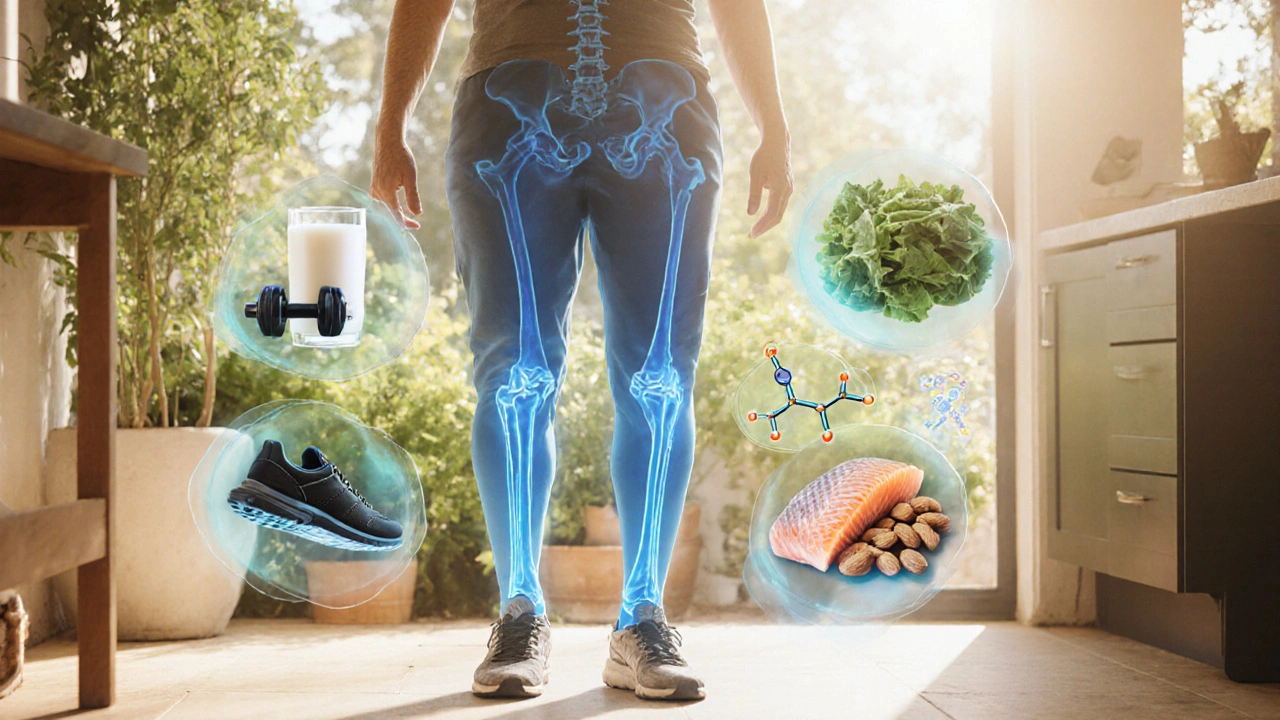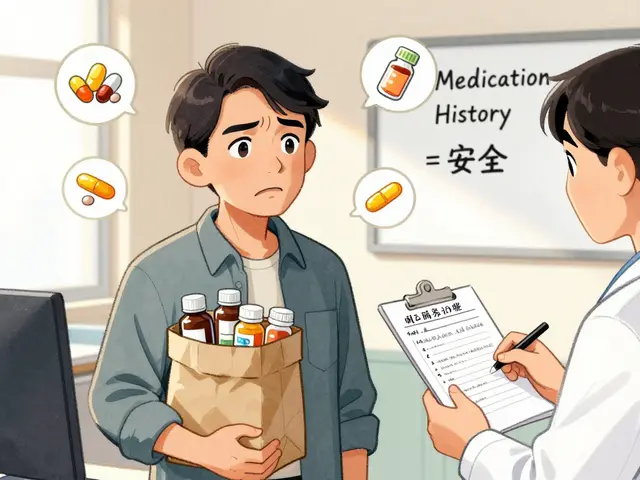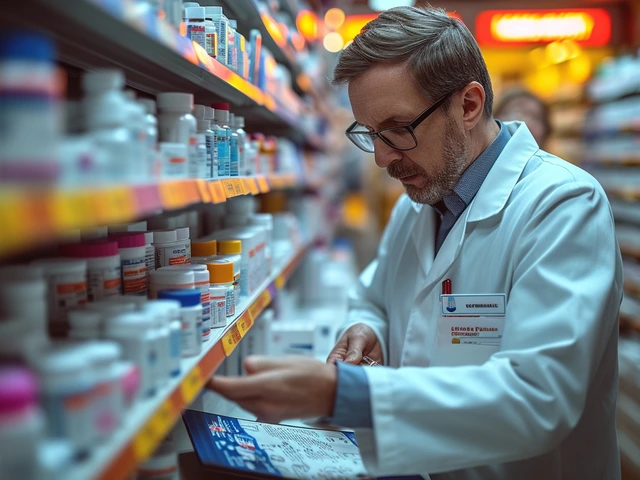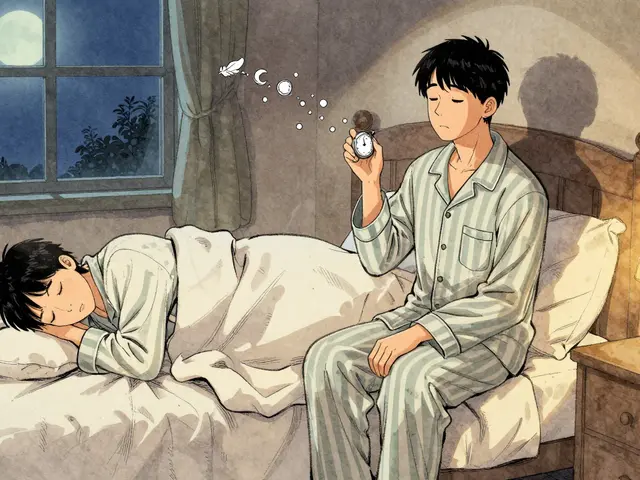Osteoporosis Nutrition: What to Eat and Avoid for Stronger Bones
When you think about osteoporosis nutrition, the dietary choices that support bone density and reduce fracture risk. Also known as bone-healthy eating, it’s not just about taking supplements—it’s about daily habits that keep your skeleton strong as you age. Osteoporosis isn’t just a problem for older people. It starts quietly, years before bones become fragile. The good news? What you eat today can make a real difference tomorrow.
Three nutrients matter most: calcium, the main mineral in bones, vitamin D, how your body absorbs calcium, and protein, the building block for bone matrix. You can’t fix weak bones with a single pill. You need food—real, regular food. Dairy like yogurt and cheese, leafy greens like kale and bok choy, canned salmon with bones, and fortified plant milks all deliver calcium. Vitamin D? It’s hard to get from food alone. Sunlight helps, but most people need a supplement, especially in winter. Protein isn’t just for muscles. Studies show older adults who eat enough protein lose less bone mass over time. Aim for 1.0 to 1.2 grams per kilogram of body weight daily.
But nutrition isn’t just about what to add—it’s about what to cut. Too much salt pulls calcium out of your bones. Soda, especially colas, may interfere with absorption. Heavy alcohol use and smoking directly weaken bone structure. Caffeine? A few cups a day are fine, but don’t replace meals with coffee. And don’t fall for quick fixes. Bone density scans show that people who eat balanced meals and move daily have stronger bones than those who rely on pills alone.
What you eat also affects how well your body uses these nutrients. Magnesium, vitamin K, and zinc help calcium do its job. Nuts, seeds, whole grains, and eggs cover these needs. Avoid extreme diets—low-calorie plans or cutting out entire food groups can backfire. If you’re vegetarian or lactose intolerant, plan ahead. Fortified foods and supplements can fill gaps, but food first. And if you’ve had a fracture or been diagnosed with osteoporosis, talk to a dietitian. Personalized advice makes a bigger difference than generic tips.
Below, you’ll find real, practical guides on how diet affects bone health, what foods help or hurt, and how to adjust your meals for long-term strength. No fluff. Just what works.

Why a Holistic Approach Is Key to Preventing and Treating Bone Loss
Learn why combining diet, exercise, hormones, and monitoring offers the most effective way to prevent and treat bone loss, with practical tips and a simple checklist.
Detail




